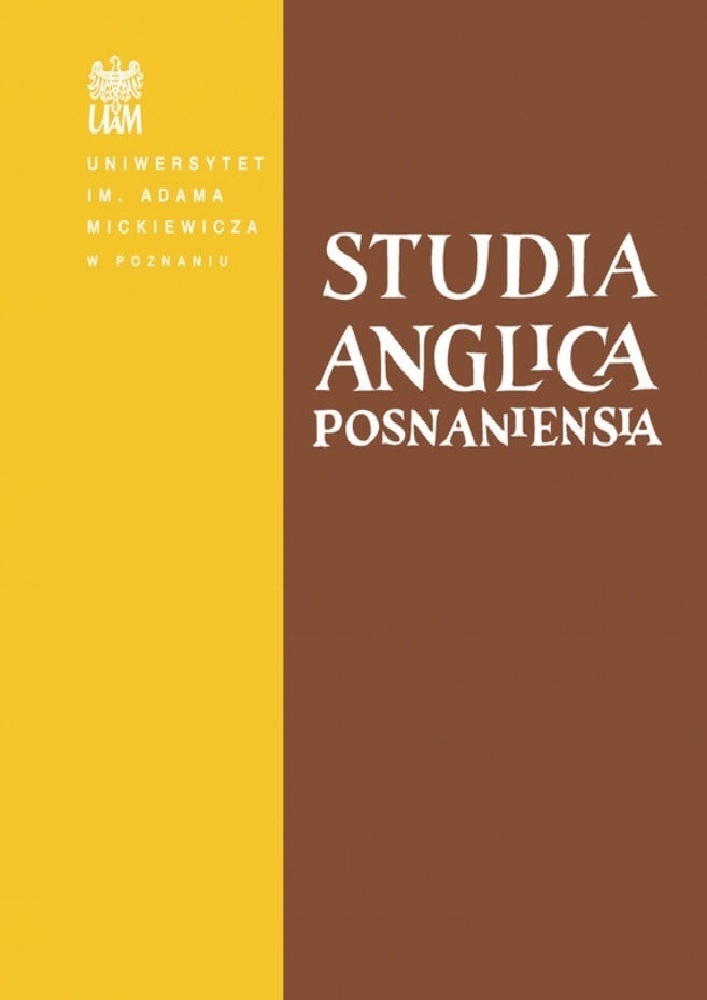Abstract
This article offers a discussion of two books by British women which describe travels in Spain during the post-war period, that is, during the dictatorship of General Franco. The aim is to analyse how Spanish culture and society are represented in these texts, and to what extent the authors engage with questions of the ethics of travelling to Spain in this period. Two different forms of travel - by car, and by horse - also influence the way the travellers can connect with local people; and the individual’s interest in Spain as a historical site, or as a timeless escape from industrial northern Europe, similarly affect the focus of the accounts. The global politics of travel writing, and the distinction between colonial and cosmopolitan travel writers, are important elements in our understanding of the way a foreign culture is articulated for the home market. Women’s travel writing also has its own discursive history which we consider briefly. In conclusion, texts involve common discursive and linguistic strategies which have to negotiate the specificity of an individual’s travels in a particular time and place. The authors and books referred to are Rose Macaulay’s Fabled Shore: From the Pyrenees to Portugal (1949) and Penelope Chetwode’s Two Middle-Aged Ladies in Andalusia (1963).
References
Chetwode, Penelope. [1963] 2002. Two middle-aged ladies in Andalusia. London: John Murray Travel Classics.
Macaulay, Rose. [1949] 1986. Fabled shore: From the Pyrenees to Portugal. Oxford: Oxford University Press.
Borrow, George. 1841. The Bible in Spain. London: John Murray.
Brenan, Gerald. 1943. The Spanish labyrinth: An account of the social and political background of the Civil War. Cambridge: Cambridge University Press.
Brenan, Gerald. 1957. South from Granada: Seven years in an Andalusian village. London: Hamish Hamilton.
Buzard, James. 1993. The beaten track: European tourism, literature and the ways to “culture” 1800-1918. Oxford: Oxford University Press.
Carrigan, Anthony. 2011. Post-Colonial tourism: Literature, culture and environment. London: Routledge.
Federici, Eleonora. 2006. Rose Macaulay’s Fabled shore: Driving through cities and landscapes. In Maurizio Ascari & Adriana Corrado (eds.), Sites of exchange: European crossroads and faultlines, 41-51. Amsterdam & New York: Rodopi.
Ford, Richard. 1845. A handbook for travellers in Spain. London: John Murray.
Fowler, Corinne, Charles Forsdick & Ludmilla Kostova (eds.). 2014. Travel and ethics: Theory and practice. Abingdon: Routledge Taylor and Francis.
Foster, Shirley. 1990. Across new worlds: Nineteenth century women travellers and their writings. Hemel Hempstead: Harvester Wheatsheaf.
Holland, Patrick & Graham Huggan. 2000. Tourists with typewriters: Critical reflections on contemporary travel writing. Ann Arbor: The University of Michigan Press.
Lee, Laurie. 1969. As I walked out one midsummer morning. London: Andre Deutsch.
Lisle, Debbie. 2006. The global politics of contemporary travel writing. Cambridge: Cambridge University Press.
Ortas Durand, Esther. 2005. La España de los viajeros (1755-1846): Imágenes reales, literaturizadas, soñadas [The Spain of the travellers (1755-1846): Real, fictional and dreamed images]. In Leonardo Romero Tobar & Patricia Alargeui Elduayen (eds.), Los libros de viaje: realidad vivida y género literario [Travel books: Lived reality and literary genre], 48-89. Madrid: Universidad Internacional de Andalucia (Ediciones Akal).
Pratt, Mary Louise. 1992. Imperial eyes: Travel writing and transculturation. London: Routledge.
Robinson, Jane. 1990. Wayward women. Oxford: Oxford University Press.
Robinson, Jane. 1994. Unsuitable for ladies. Oxford: Oxford University Press.
Rosaldo, Renato. 1993. Culture and truth: The remaking of social analysis. London: Routledge.
Russell, Mary. 1986. The blessings of a good thick skirt. London: Flamingo.
Said, Edward. [1978] 1995. Orientalism. London: Penguin.
Smith, Sidonie. 2001. Moving lives: Twentieth century women’s travel writing. Minneapolis: University of Minnesota Press.
Thompson, Carl. 2012. Travel writing. (The New Critical Idiom.) London: Routledge.
